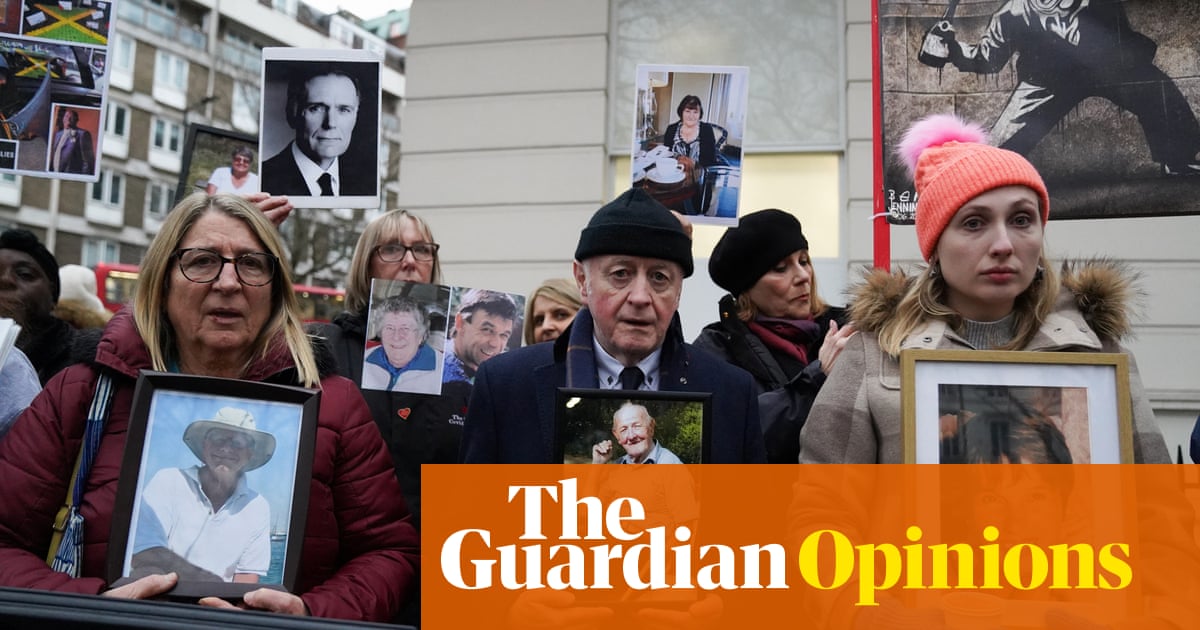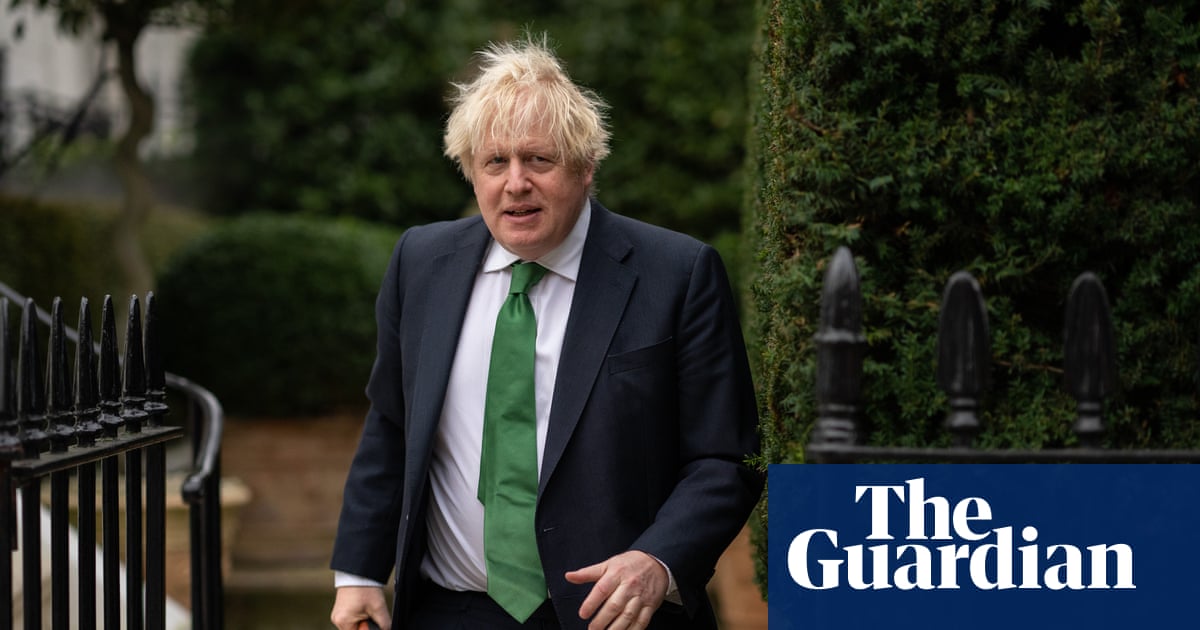
uch sycophancy would have embarrassed the official broadcaster of a tinpot dictatorship. Back at the end of July, during the coronavirus interregnum and after the deaths of 40,000 Britons, the BBC cast Rishi Sunak as Superman in a video detailing his “plan to save the UK economy”. After considerable uproar, the broadcaster removed the cartoon “for editorial reasons”, saying that “the illustrations struck the wrong note”.
But it is indisputable that after “Dishy Rishi” was plucked from obscurity by the now fallen Dominic Cummings, large chunks of the commentariat and the wider electorate went gooey-eyed over the chancellor. In homage to his flagship “eat out to help out” scheme, restaurants named meals after him, newspaper front pages lauded him as “DR FEELGOOD TO THE RESCUE”. In mid-April, according to a YouGov poll, over half the country believed he was doing a good job (just 9% thought he was doing a bad job).
But many ministers were responsible for Britain’s worst national crisis since the second world war, and Sunak was undoubtedly one of them. “Eat out to help out” – described as “ingenious” by the Daily Mail – is the most obvious of his failures. According to a Warwick University study published two months ago, while the scheme cost around £500m, the economic effects were short-lived, and up to 17% of new Covid-19 clusters could be attributed to it. Who could have imagined that encouraging large numbers of people to congregate in confined indoor spaces would provide a fertile environment for the spread of an extremely infectious virus?
The Conservatives may have cruised to a landslide victory by toppling Labour’s “red wall”, but Sunak – who, thanks to his marriage, has a greater family fortune than the Queen – shows no more understanding for the plight of average voters than a traditional Tory. This weekend he called for home workers who “built up savings” to go on a spending spree when the pandemic ends. If the chancellor thought household spending was key to Britain’s economic recovery (which is understandable, given that the gutting of manufacturing has made consumer spending the engine of its economy), then he would not be slashing the real-terms pay of the public sector key workers that he applauded from the steps of No 11.
Meanwhile, Sunak’s failure to support raising the UK’s statutory sick pay – which is among the worst in Europe – has made it financially impossible for many to self-isolate, undoubtedly contributing to the spread of the virus. It gets worse: the lockdown suddenly imposed across large swathes of England under tier 4 restrictions has so far not been accompanied by the emergency support measures necessary to avoid further economic damage.
There is an even more serious argument to be levied against a chancellor who has presided over one of the worst peacetime recessions of any major economy. Britain locked down too late and reopened its economy with a faulty test-and-trace system, which – because of the ideological predispositions of the government – was handed to shambolic private contractors. Any future public inquiry worth its salt would thoroughly investigate why Britain, despite having advance warning of the severity of the virus from Italy and Spain, ended up one of the worst-hit nations on Earth, and with an economic fallout to match.
But we don’t need to wait for a public inquiry – particularly if it’s an establishment whitewash – to attribute responsibility to politicians who fought most vigorously against the introduction of the measures necessary to contain the virus. There is a fashion for blaming the failure to keep Covid under control on Boris Johnson’s inability to take tough decisions because of his desire to be liked. But the Tory politicians – Sunak included – who resisted Covid measures may have been a bigger factor in the government’s inept pandemic response.
According to excellent investigative reporting by the Sunday Times, Sunak led the forces within the cabinet who opposed firm action. When scientists recommended a circuit-breaker lockdown in mid-September, Johnson was reluctantly minded to back them, but Sunak resisted on economic grounds and invited a minority group of scientists who are sceptical of lockdowns to speak to No 10, which is rather like drawing on the evidence of “experts” who defy the scientific consensus on the climate emergency to advise on environmental policy. As a consequence of the government’s delay, infections spiralled, deaths mounted and an even more punitive lockdown had to be imposed in November, albeit too late to bring coronavirus rates down to anywhere near the level needed to suppress the virus.
Sunak remains popular, but his approval ratings are based on his association with a job retention scheme that was less generous than those of other European nations, and his approachable demeanour – aided by a penchant for wearing hoodies on Instagram – which makes him appear different to your average Conservative politician. Senior Labour figures believe that, were he to assume the premiership, he would represent a different electoral challenge to that posed by the incumbent: less likely to cut through in the “red wall” but more likely to appeal to middle-class liberals in seats such as Putney and Canterbury (despite his impeccable Brexit credentials).
But when identifying the men responsible for this national calamity, Sunak ranks second only to the prime minister himself. Rather than incompetence, it was an ideological commitment to protecting private economic interests that led Britain to the precipice. That’s why lockdown was delayed, workers were prematurely encouraged back to offices, and test and trace was outsourced to the likes of Serco. Chief among those ideologues was Sunak. As the death toll and economic devastation for which he shares responsibility only builds, how perverse that his ill-gotten reputation remains intact.












